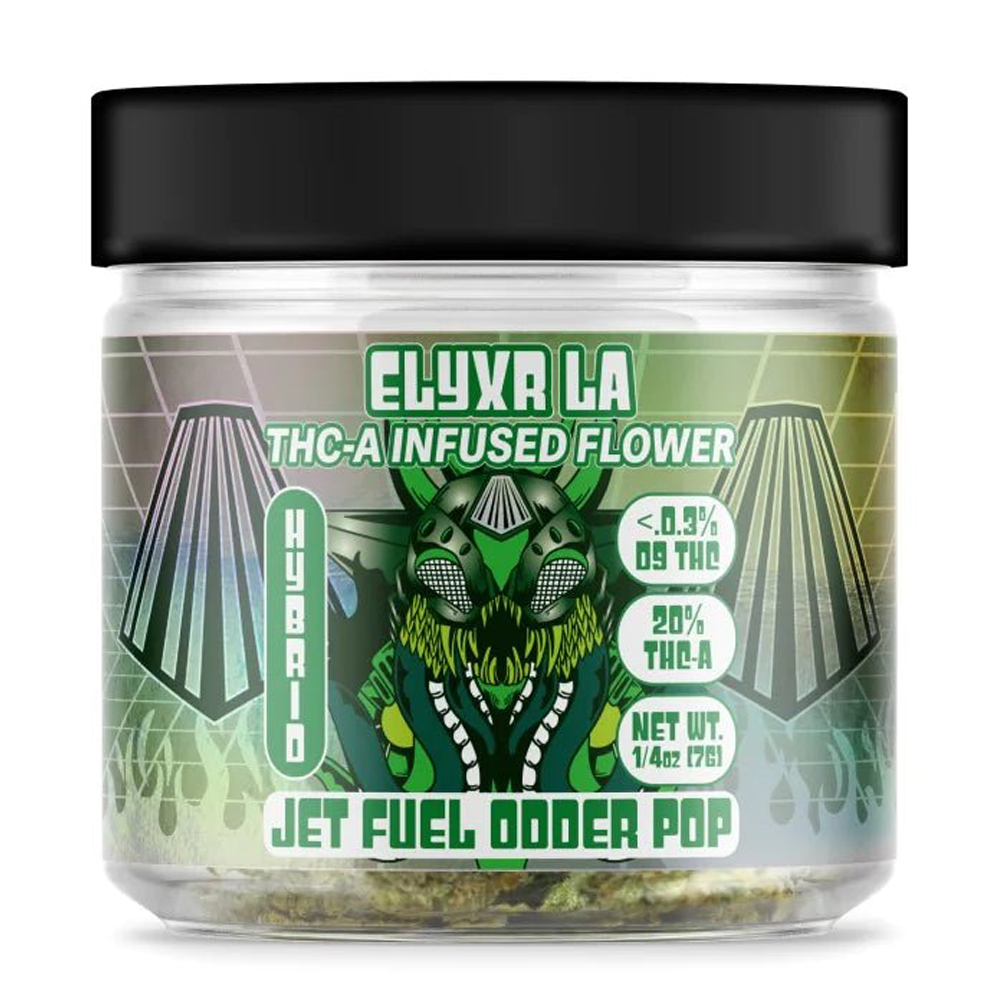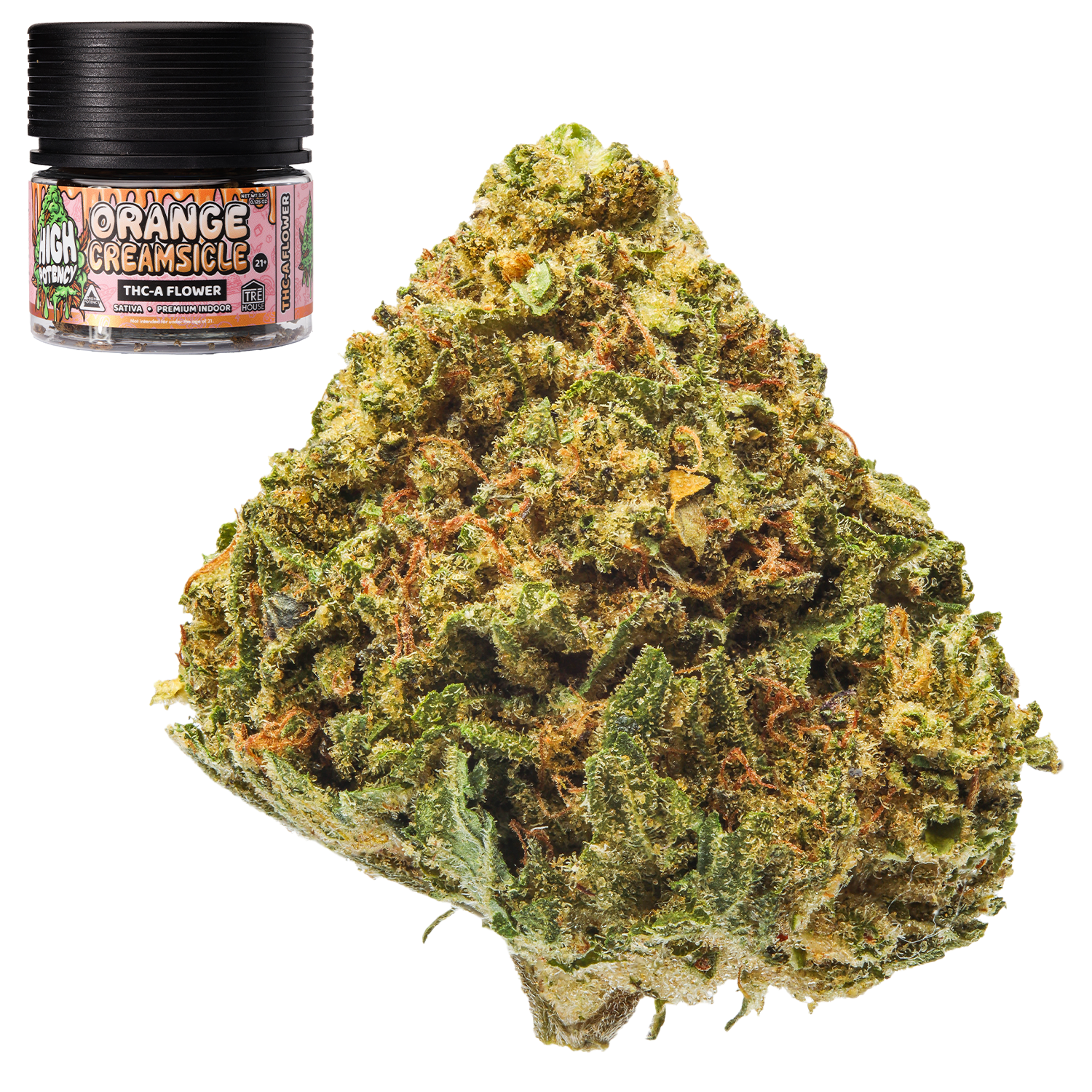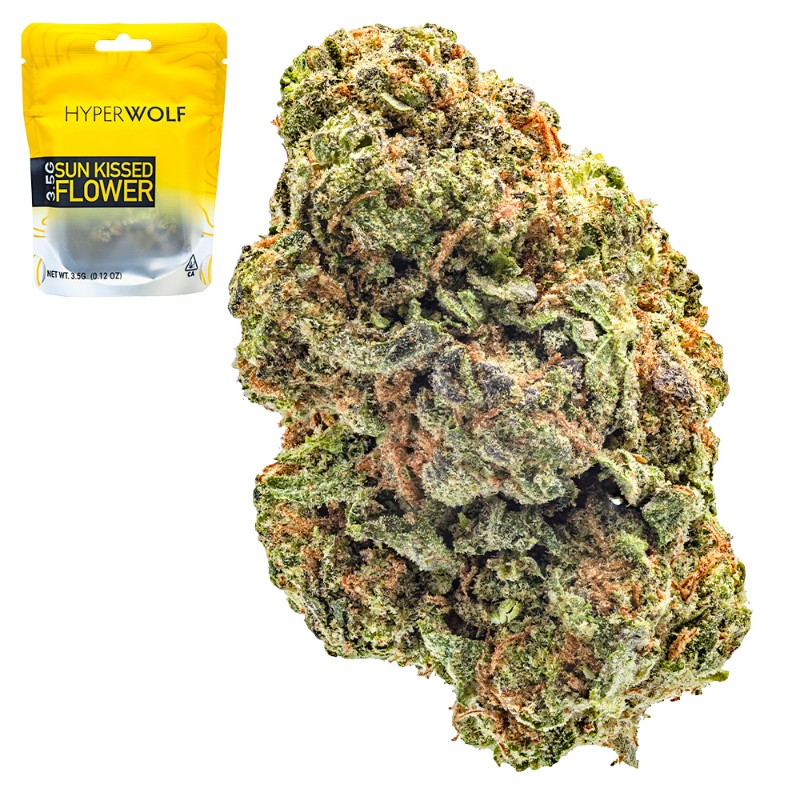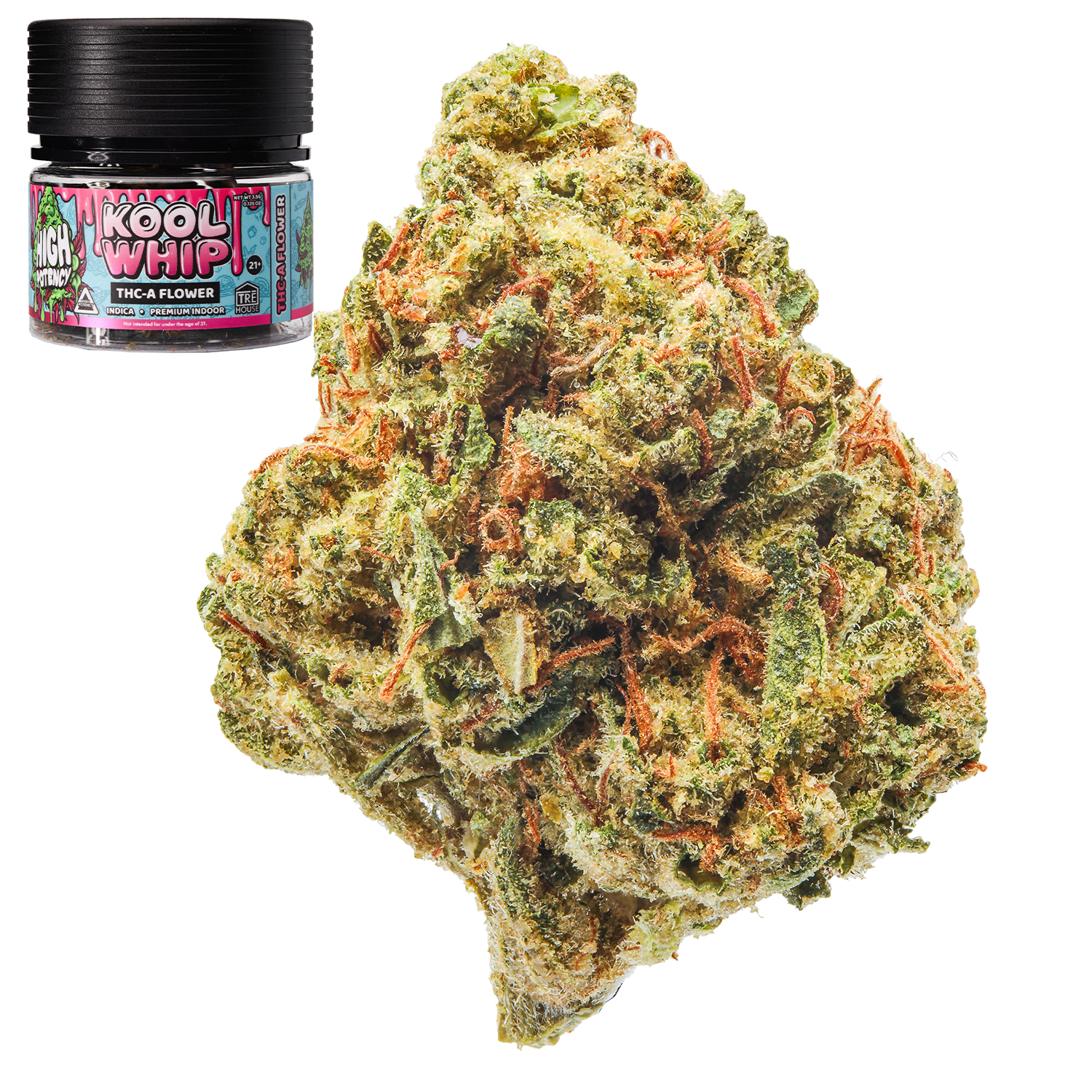Terpenes, the natural aromatic compounds found in plants, have become a hot topic in both the wellness and cannabis industries. These aromatic molecules are responsible for the distinctive scents and flavors that plants produce. But as interest in terpene-rich products grows, questions about their safety arise. Are terpenes safe to consume? How do they interact with our bodies?
In this blog, we’ll explore everything you need to know about the safety of botanical terpenes, their effects, and how to use them responsibly.
Introduction: Understanding Terpenes
At their core, terpenes are volatile compounds that plants produce for a variety of reasons, including repelling predators, attracting pollinators, and protecting against environmental stress.
In cannabis, terpenes play more than just an aesthetic purpose—they play an essential role in the plant’s aroma and flavor profile and can also have significant therapeutic benefits. From relaxation to focus to pain relief, terpenes are believed to influence the overall effect of cannabis strains in what’s called the entourage effect, where terpenes and cannabinoids work together to enhance or modify each other’s effects.
The growing interest in terpenes has sparked the creation of terpene-infused products, ranging from aromatherapy oils to vape pens and edibles. While many people rave about the potential health benefits, the question still stands: Are terpenes safe?

The Growing Interest in Terpenes
In recent years, terpenes have gained popularity, not only among cannabis users but also in broader wellness circles. The increasing recognition of the entourage effect has made consumers more aware of how terpenes can enhance the therapeutic effects of cannabis. With research revealing that terpenes can have a range of beneficial properties—from anti-inflammatory to antibacterial—it’s no wonder that people are eager to incorporate these organic compounds into their daily routines.
Beyond cannabis, essential oils containing terpenes have long been used in aromatherapy for mood enhancement, relaxation, and even immune support. Common terpenes such as limonene, pinene, ocimene, and linalool are found in everyday products, from cleaning supplies to skin care.
The ability of terpenes to improve the effectiveness of cannabis while offering additional wellness benefits is a major reason for their growing popularity. But with so much interest, it’s crucial to ask: Are these compounds safe to consume?
How Terpenes Interact with the Body
Understanding how cannabis-derived terpenes interact with the body is key to grasping their safety. When inhaled, applied topically, or consumed, terpenes can bind with specific receptors in the brain and throughout the body. In particular, they interact with the endocannabinoid system (ECS), which plays a vital role in regulating a variety of physiological functions, including mood, stress, pain, and appetite.
For instance, terpenes like linalool (found in lavender) have sedative effects, promoting relaxation and stress relief, while limonene (common in citrus) has uplifting properties that may help with mood and energy levels. These compounds may even help enhance the bioavailability of cannabinoids like THC, thus intensifying their effects.
The potential therapeutic effects of terpenes are why they’ve gained so much attention in the wellness and medical fields. They can have a positive impact on a wide range of conditions, from anxiety to inflammation. Yet, understanding their safe consumption is still essential, especially as some terpenes can cause side effects if used improperly or in high doses.
Are Terpenes Safe for Consumption?
When it comes to safety, it’s essential to differentiate between natural and synthetic terpenes. Natural terpenes—those extracted from plants like cannabis, lavender, and citrus—are generally considered safe for cannabis consumption. Terpenes are also a common ingredient in cosmetics, flavors, and fragrances. However, like any natural compound, they should be consumed responsibly.
In cannabis, terpenes are typically consumed in vape pens, edibles, topicals, or smoked flower. The safety of each method depends on the concentration and the way the terpene is ingested. For example, vaping terpenes can sometimes cause respiratory irritation if the temperatures are too high, which is why it’s important to choose high-quality products and devices that allow for safe consumption.
Overconsumption of terpenes can lead to headaches, skin irritation, or respiratory discomfort. As with any substance, moderation is key. Some people may also have sensitivities or allergies to certain terpenes, so it’s crucial to be aware of your body’s reactions when trying new products.

Safety of Terpenes in Cannabis vs. Other Products
While terpenes are commonly used in cannabis, they’re also found in a variety of wellness products and essential oils. Whether they’re added to a cannabis strain, a skincare product, or an aromatherapy oil, the safety of terpenes largely depends on their source and the form in which they’re consumed.
For cannabis users, terpenes are often seen as a natural and safe part of the cannabis experience, especially in full-spectrum extracts. These products preserve the natural terpene profile of the cannabis plant, enhancing its therapeutic effects.
On the other hand, terpenes added to cannabis vape pens or concentrates may be synthetic and more concentrated, which could increase the risk of irritation or negative reactions.
When using essential oils in wellness products, the terpenes are usually present in moderate concentrations, which are generally safe for topical application or diffusion. That said, individuals with sensitive skin or respiratory conditions should avoid excessive exposure and choose products with clear ingredient transparency.
Potential Side Effects of Terpenes
While terpenes are generally safe, they aren’t entirely free of risks. Depending on the individual and the type of terpene, there can be side effects, especially with overuse. For example:
- Skin Irritation: Some terpenes, such as limonene or eucalyptus, can cause skin irritation or allergic reactions when applied topically in high concentrations.
- Respiratory Discomfort: Inhaling concentrated terpenes, particularly when vaping or smoking, can irritate the respiratory system. Some individuals may experience coughing, throat irritation, or shortness of breath.
- Headaches: Excessive exposure to strong-smelling terpenes can cause headaches in some individuals, especially those who are sensitive to scents or fragrances.
Overall, it’s important to start with small amounts and observe how your body responds. If you experience any discomfort, it’s advisable to reduce your intake or discontinue use entirely.
Are There Risks of Overusing Terpenes?
Yes, there are risks to overusing terpenes, particularly when they are highly concentrated. High doses of certain terpenes, especially in concentrates or vape pens, can cause unwanted effects. For example, terpene concentrates can cause respiratory irritation, and inhaling them in excess can be harmful to your lungs.
It’s also essential to understand the terpene concentration in products you’re using. Products with high terpene content may offer more potent effects, but they can also come with an increased risk of side effects. Always choose products that provide clear dosing information and start with a low dose.

Regulatory Status of Terpenes
The safety of terpenes is also influenced by their regulatory status. In the United States, terpenes are generally recognized as safe (GRAS) by the FDA for use in flavoring and fragrance products. However, this recognition doesn’t extend to the use of terpenes in all cannabis products, as regulations vary by state.
In the European Union, the safety of terpenes is also heavily regulated, with guidelines in place to ensure that they meet safety standards. Terpene-based products, especially those used in aromatherapy and cosmetics, must adhere to safety regulations before they can be sold in the market.
How to Choose Safe Terpene Products
To ensure the safety of terpene products, consumers should be diligent in choosing products that are of high quality and transparency. Here are some tips:
- Third-Party Testing: Look for products that provide lab results from certified testing facilities. This ensures that the product is free of contaminants and contains the advertised terpene levels.
- Ingredient Transparency: Choose products that list all the ingredients, including the specific terpenes used and their concentrations.
- Natural vs. Synthetic: Whenever possible, choose products that use naturally sourced terpenes instead of synthetic ones. Natural terpenes are often safer and offer a more authentic experience.

The Role of Terpene Testing and Transparency
One of the key factors in ensuring safe terpene consumption is testing. Certified testing labs analyze the terpene profiles of cannabis products to guarantee their purity and potency. Many reputable manufacturers will provide lab results on their websites, allowing consumers to check the terpene content and make informed choices.
Transparency is essential in a market where quality control may vary from one manufacturer to another. Look for products with batch numbers, testing dates, and clear ingredient listings to ensure you’re getting a safe, high-quality product.
Common Myths and Misconceptions About Terpenes
As terpenes have become more popular, there’s been a rise in misinformation. Some myths include:
- “Terpenes are harmful and toxic”: While some terpenes can cause irritation in high doses, moderate amounts are generally safe.
- “Synthetic terpenes are just as good as natural ones”: Synthetic terpenes may mimic the scent and effects of natural terpenes, but they lack the full spectrum of benefits that come with plant-based chemical compounds.
By clearing up these misconceptions, consumers can make better-informed decisions about which terpene products to use.

Conclusion: Terpenes as a Safe and Beneficial Addition to Wellness
In conclusion, terpenes are generally safe when used responsibly, offering a range of therapeutic benefits for those who incorporate them into their wellness routines. From the calming effects of linalool to the uplifting effects of limonene, terpenes are powerful compounds that can positively impact mood, stress levels, and overall well-being.
However, like any substance, moderation is key. Always choose products that are tested for purity and use natural terpenes whenever possible. With responsible use, terpenes can be a safe and beneficial addition to your wellness regimen.
Frequently Asked Questions
1. What are the risks of terpenes?
While terpenes are generally safe when used responsibly, there are some potential risks, especially when consumed in high doses or through certain methods. Overexposure to concentrated terpenes can lead to respiratory irritation, headaches, or skin reactions. People with allergies or sensitivities to certain terpenes might experience symptoms like itchiness, swelling, or even nausea. It’s important to use products with moderate terpene content and to start with small amounts to gauge your body’s response.
2. Is inhaling terpenes safe?
Inhaling terpenes can be safe in moderate amounts, especially when using high-quality, properly formulated products. However, inhaling concentrated terpenes, such as those found in some vape pens or dabs, can cause irritation to the respiratory system. Overuse or exposure to certain terpenes, especially in high concentrations, can lead to throat irritation or coughing. Always ensure the product is designed for safe inhalation and avoid excessive exposure to prevent discomfort.
3. Are terpenes good for you?
Yes, terpenes can be good for you when used properly. Many terpenes have therapeutic properties, such as anti-inflammatory, antibacterial, sedative, or uplifting effects, depending on the type. For example, linalool is known for its calming effects, while limonene can provide a mood boost. Terpenes are commonly used in aromatherapy, skincare, and cannabis products to promote overall wellness. However, it’s important to use them in moderation and choose quality products to avoid any unwanted side effects.
4. What are the side effects of terpenoids?
Terpenoids, which are closely related to terpenes, may cause similar side effects. Some possible side effects include skin irritation, allergic reactions, headaches, or respiratory discomfort if used in high concentrations or over long periods. Sensitive individuals might experience sensitivity to certain terpenoids, which could lead to irritation or nausea. Always start with small amounts to ensure your body reacts positively, and choose products that provide clear labeling and third-party testing for safety.











